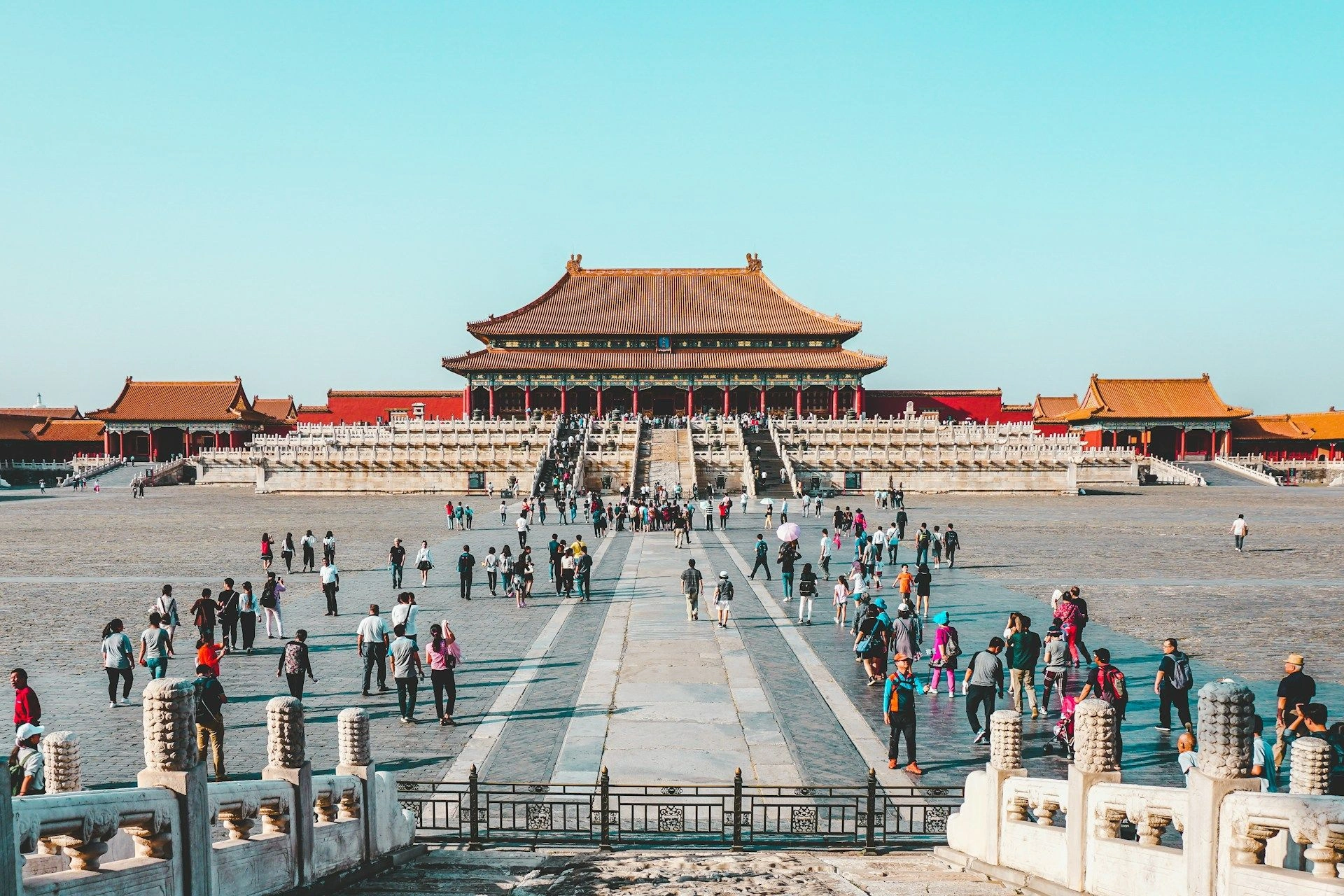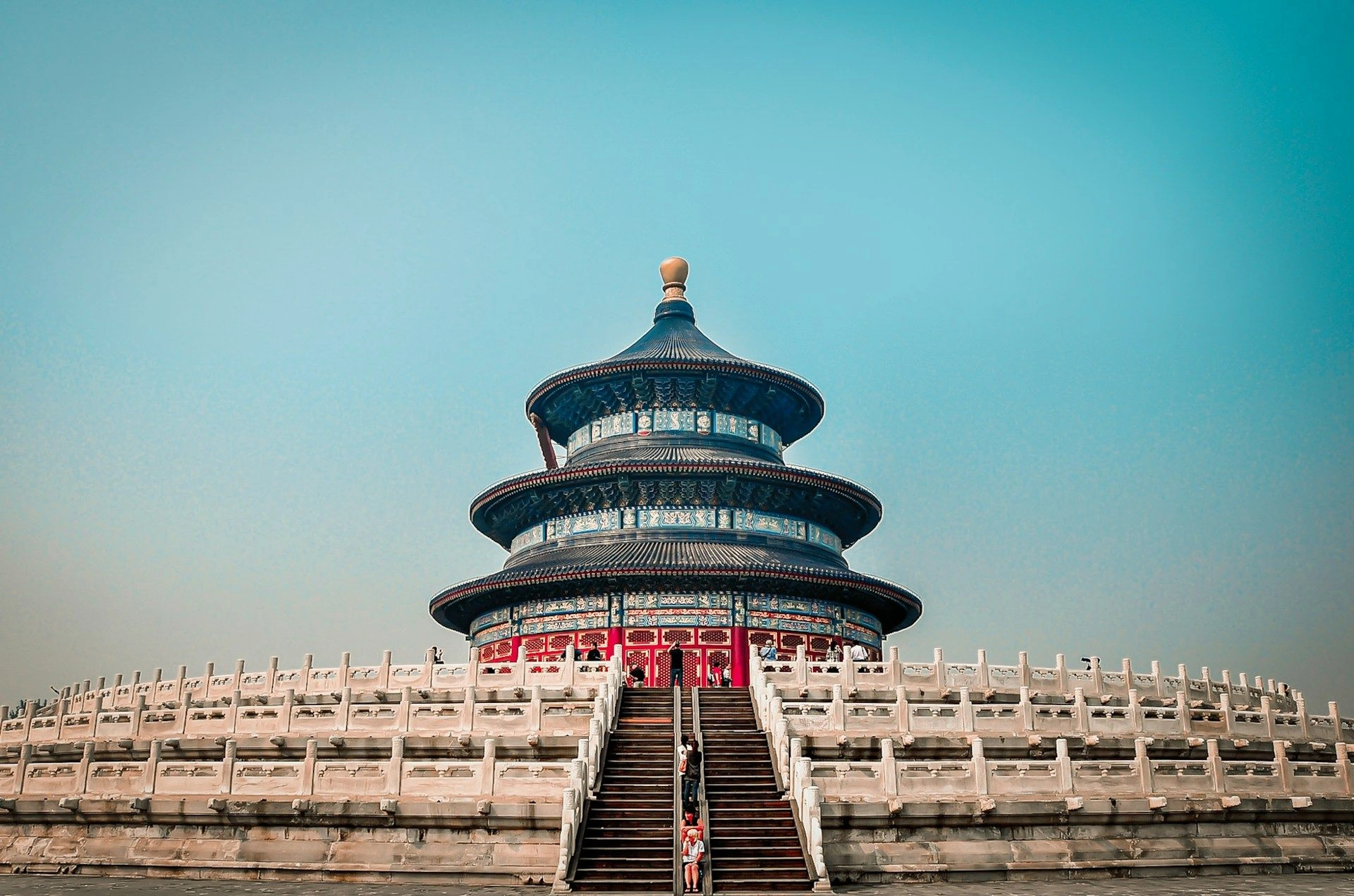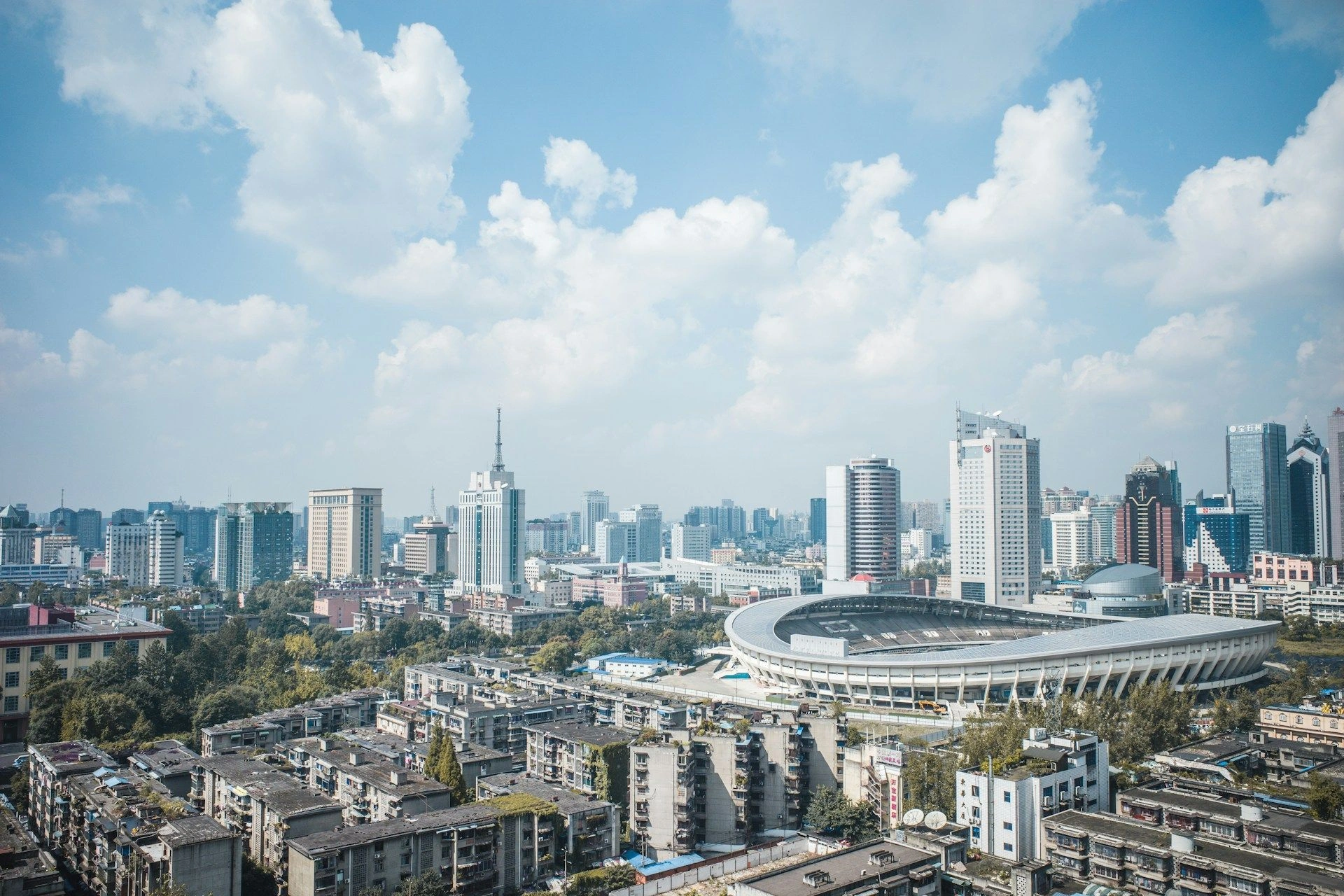Best offers
in China
Benefits of investment in
China real estate

Guide for real estate
investors in China
read here
Global attention on tier-1 cities
Beijing, Shanghai, and Shenzhen remain magnets for innovation, growth, and high-value real estate.
Continuous infrastructure development
Smart city projects and urban upgrades boost long-term value across key zones.
Premium properties with strategic access
Opportunities in business districts offer ownership formats tailored to international investors.
Global attention on tier-1 cities
Beijing, Shanghai, and Shenzhen remain magnets for innovation, growth, and high-value real estate.
Continuous infrastructure development
Smart city projects and urban upgrades boost long-term value across key zones.
Premium properties with strategic access
Opportunities in business districts offer ownership formats tailored to international investors.
Property highlights
in China, from our specialists
Found: 0

Useful articles
and recommendations from experts
Real Estate in China: Navigating a Highly Regulated and Competitive Market
Why Invest in Property in China
China, the second-largest economy in the world, has one of the most dynamic and complex real estate markets. Rapid urbanization, a massive population, and a deeply rooted culture of property ownership have fueled decades of construction and growth. Major cities like Shanghai, Beijing, and Shenzhen are global financial and innovation hubs. While access for foreigners is limited and highly regulated, the country still attracts corporate investors, multinationals, and high-net-worth individuals interested in long-term capital appreciation or commercial footholds.
Types of Property and Permitted Uses
China’s real estate sector includes a wide array of property types tailored to residential, commercial, and industrial purposes:
- Residential Apartments: High-rise flats dominate urban centers, with units ranging from compact studios to luxury penthouses.
- Commercial Office Buildings: Found in business zones like Lujiazui (Shanghai) and CBDs in Beijing and Shenzhen.
- Retail and Mixed-Use Spaces: Shopping malls, street-level retail, and developments combining office, hotel, and residential components.
- Industrial Warehousing and Logistics Parks: Especially strong in the Yangtze River Delta and Pearl River Delta.
- Land Use Rights: Land itself is state-owned; investors purchase usage rights for fixed terms.
Property uses are determined by land-use rights and zoning categories (residential, commercial, industrial). Changing the use of a property requires formal government approval.
Ownership Rules and Legal Framework for Foreigners
China’s real estate laws are restrictive for non-citizens and foreign corporations. Key regulations include:
- Individual Buyers: Foreigners may purchase one residential unit for personal use if they have worked or studied in China for at least one year.
- Corporate Purchases: Foreign companies with legal entities in China (Wholly Foreign-Owned Enterprises, or WFOEs) can buy commercial property for office or operational use.
- Land Ownership: Land is owned by the state. Buyers acquire land-use rights typically for 70 years (residential), 50 years (commercial), or 40 years (industrial).
- Government Approval: All foreign purchases must be approved by the local branch of the Ministry of Commerce and registered with the Land and Housing Administration Bureau.
Due to these limitations, many foreign investors work through joint ventures or use corporate structures to gain real estate exposure in China.
Property Prices and Market Trends
China’s real estate prices vary significantly by region, with tier-1 cities commanding the highest rates. Price control policies and lending restrictions are often imposed to curb overheating.
| City | Average Residential Price per m² (USD) | Commercial/Office Price per m² (USD) |
|---|---|---|
| Shanghai | $9,000 – $14,000 | $6,000 – $10,000 |
| Beijing | $8,000 – $13,000 | $5,000 – $9,000 |
| Shenzhen | $10,000 – $15,000 | $6,500 – $11,000 |
| Chengdu / Wuhan | $2,500 – $5,000 | $2,000 – $4,000 |
| Lower-tier cities | $1,000 – $3,000 | $1,000 – $2,500 |
Despite recent volatility, long-term demand remains strong in urban centers, particularly those tied to technology, finance, and trade. The Chinese government has also encouraged urban redevelopment and affordable housing initiatives.
Transaction Costs and Taxation
Foreign and domestic buyers face several taxes and fees during acquisition and ownership:
- Deed Tax: 1%–3% of purchase price (varies by location and buyer type).
- Stamp Duty: 0.05% of property value (buyer and seller share equally).
- Notary/Registration Fees: Around $200–$1,000 depending on property and city.
- Capital Gains Tax: 20% on profit from resale, often withheld at source.
- Property Tax: Generally 1.2% annually of assessed value for commercial property; residential properties may be exempt or taxed at lower rates in pilot cities.
- Land Appreciation Tax (LAT): Applies to property developers or resale with large gains; ranges from 30% to 60% of the gain.
Taxation can be complex and varies by municipality. Investors should engage local tax professionals familiar with evolving interpretations and local incentives.
Rental Market and Yields
Rental income in China is generally moderate due to high property prices. Yields are often stronger in commercial real estate or in lower-tier cities where prices are still rising:
- Beijing / Shanghai Apartments: 1.5%–3% gross annual yield.
- Commercial Units: 4%–6% yield in business districts; higher in logistics parks or retail zones.
- Tier-2 Cities (e.g., Chengdu, Hangzhou): 3%–5% yields with lower prices and increasing rental demand.
Leases are typically 1–2 years, and foreign landlords must register rental contracts and pay applicable rental income tax (10%–20% depending on structure and classification).
Investment Scenarios
- Corporate Office in Shanghai: A WFOE acquires 300 m² for $2.4 million and leases space at $10,000/month to other foreign SMEs, generating 5% yield.
- Residential Purchase in Chengdu: An expat working in China buys a $250,000 apartment for personal use; long-term capital appreciation expected at 4%–6% annually.
- Logistics Warehouse in Kunshan: A foreign-owned JV develops a $10 million facility, leased to e-commerce tenants, yielding 6.5% net.
Top Cities for Real Estate Investment
- Shanghai: China’s financial capital with mature rental market and high commercial value.
- Beijing: Political and cultural center with demand for high-end residential and institutional office space.
- Shenzhen: Innovation hub bordering Hong Kong; strong in tech and logistics investment.
- Guangzhou: Southern manufacturing base with growing interest in logistics and retail property.
- Chengdu / Chongqing: High-growth inland cities with government incentives and lower acquisition costs.
Infrastructure and Urban Development
China has world-class infrastructure and urban services, making its real estate attractive for tenants and owners alike:
- Transport: High-speed rail, airports, and metro systems serve all major urban areas.
- Utilities: Reliable power, internet, and water in cities; smart cities initiatives expanding.
- Urban Redevelopment: The government actively renovates old housing and transitions industrial sites into mixed-use urban districts.
- Green Building: ESG and sustainable construction now encouraged through LEED and China’s 3-star green building standards.
Despite these advancements, urban congestion, pollution, and regulatory uncertainty in property law remain considerations for investors.
Legal Considerations and Buying Process
- Due Diligence: Must include title searches, review of land-use rights, zoning compliance, and history of prior transfers.
- Pre-Approval: Foreign buyers must obtain government approval before purchasing; process can take weeks to months.
- Contracts: Executed in Chinese; foreign language translations are not legally binding unless notarized locally.
- Registration: Property ownership is recorded at the local Land and Resources Bureau.
- Restrictions on Resale: Often a 5-year minimum holding period before resale, particularly in regulated zones.
Legal representation is essential for navigating bureaucracy, language, and evolving compliance requirements.
Conclusion: High-Barrier Market with Targeted Opportunities
China’s property market is challenging but not impossible for foreign investors. Restrictions, bureaucracy, and relatively low rental yields present barriers, but corporate structures, joint ventures, and specific market segments (e.g., commercial offices, logistics) offer compelling opportunities. Investors should approach the market with long-term horizons, local legal guidance, and an understanding of both central and municipal policies. For institutional and strategic buyers, China remains a critical real estate market tied to global supply chains, urban growth, and evolving consumer demographics.









